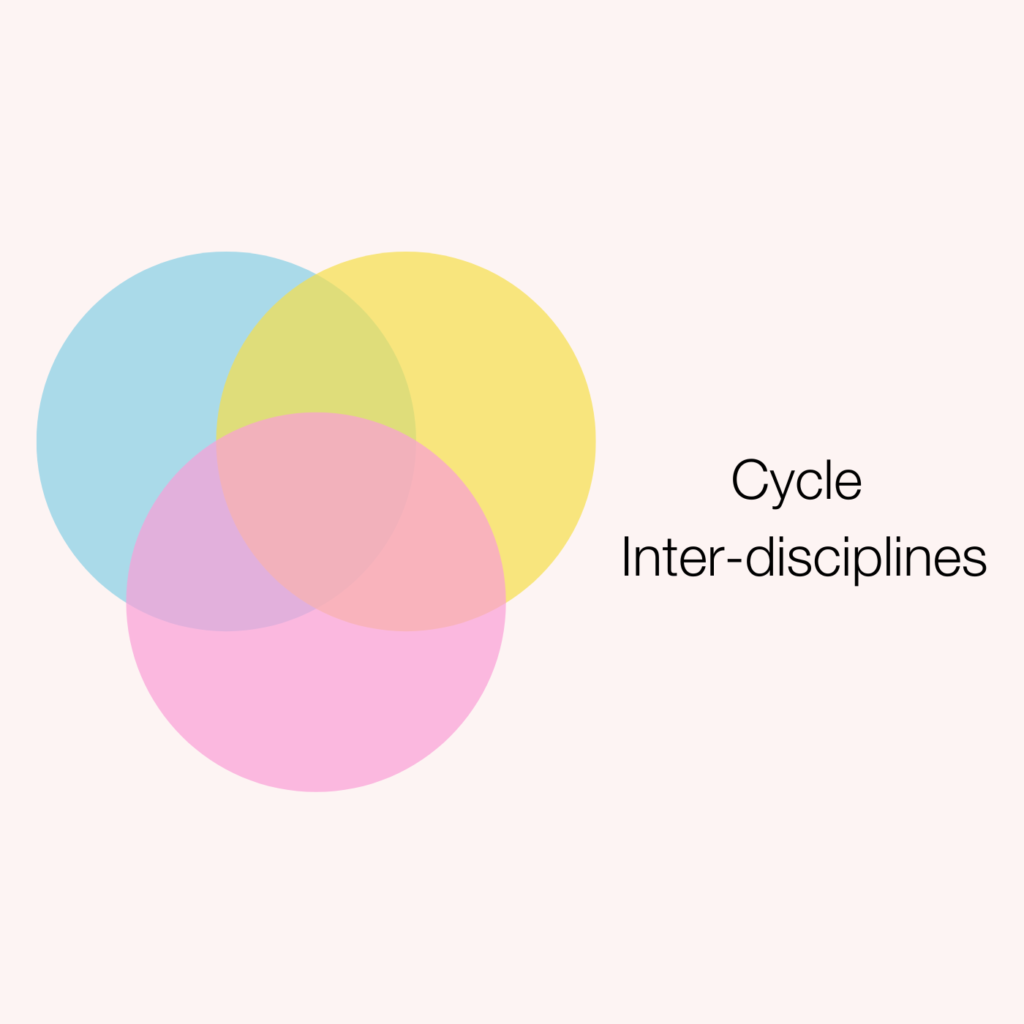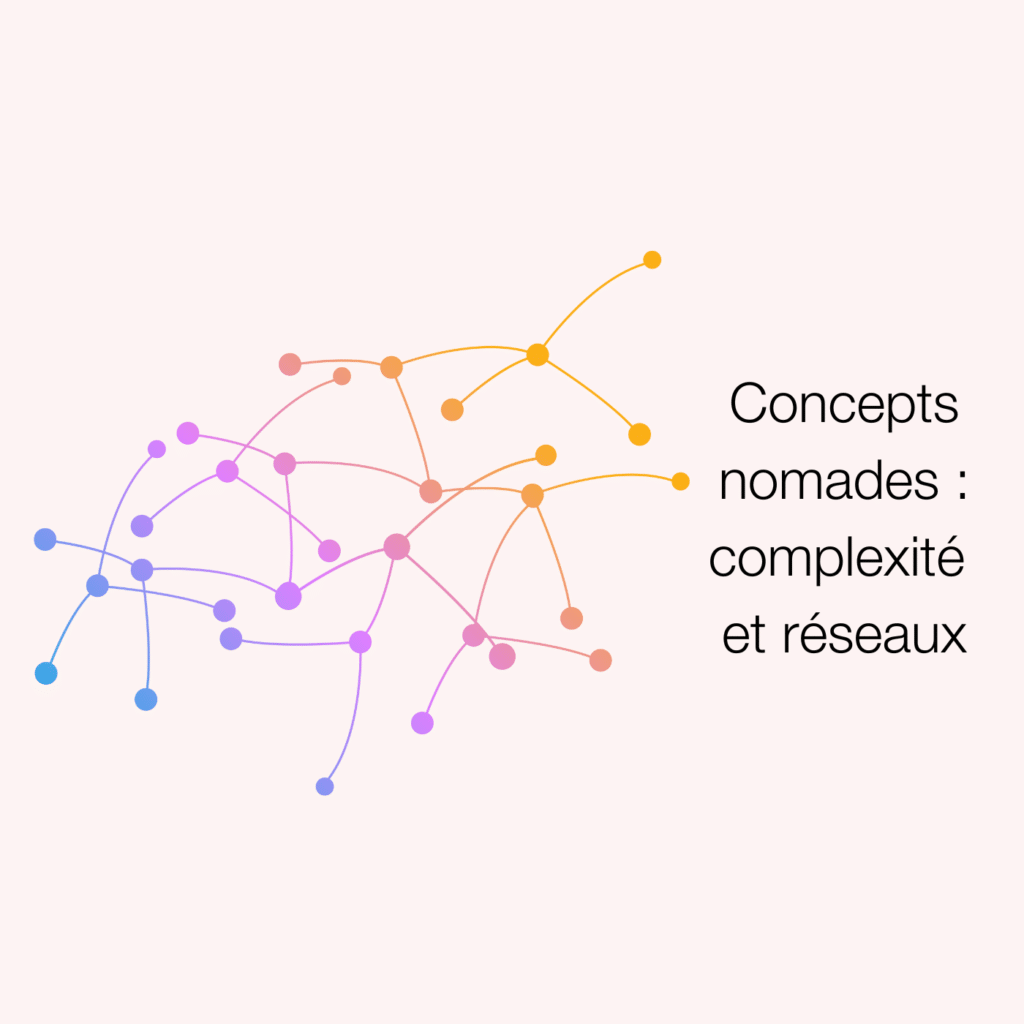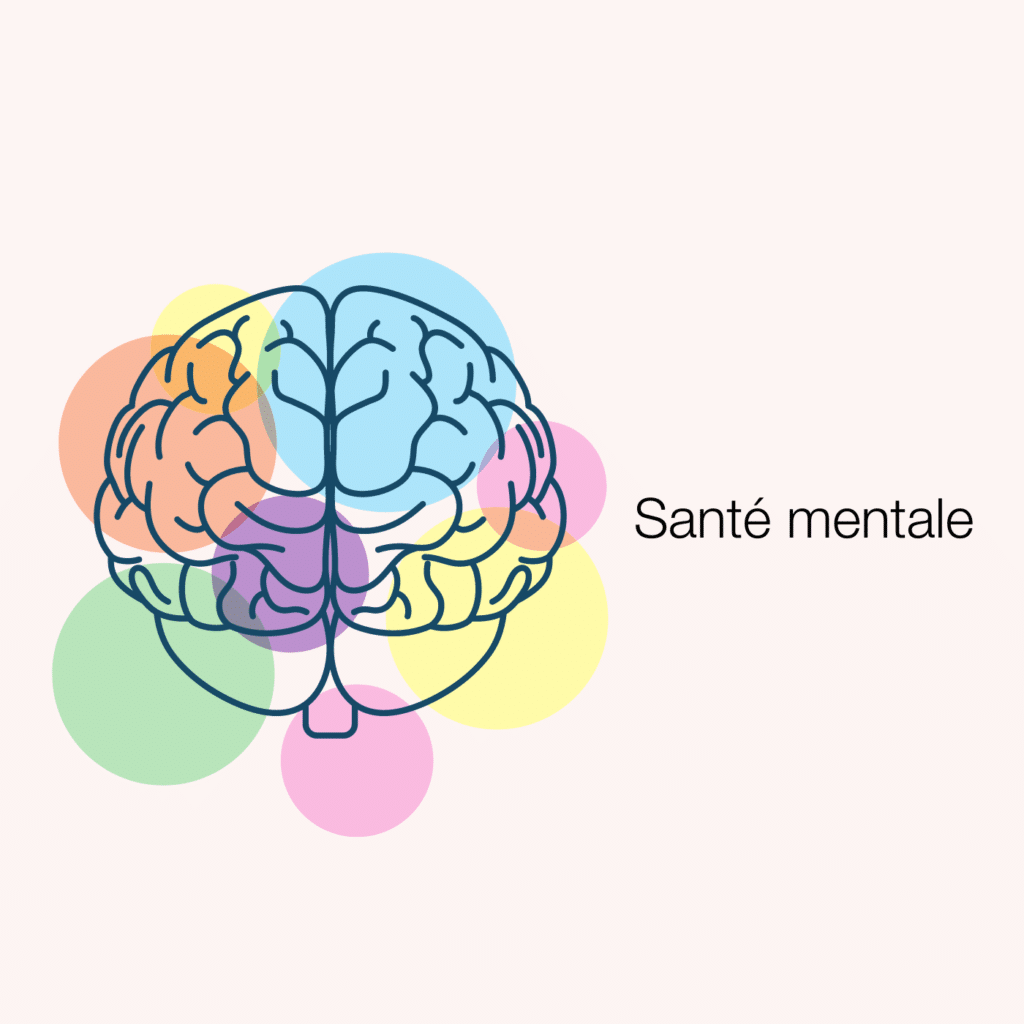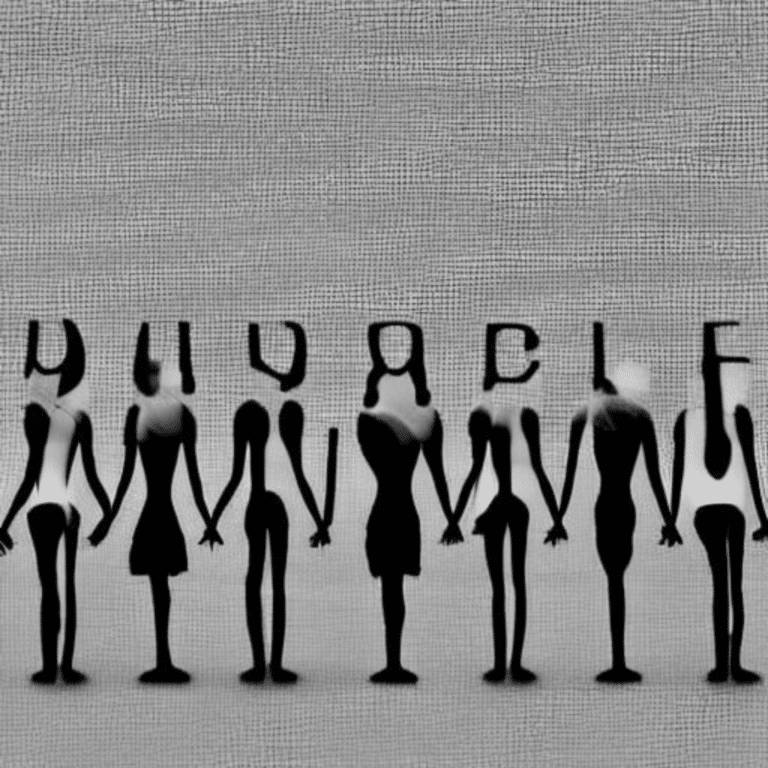The Interdisciplinary Explorations programme aims to facilitate the meeting of researchers from different fields around a common theme. These meetings sometimes make spectacular progress, but are always delicate, if only because of the difficulty of finding a common language.
Program designed and coordinated by Gabriella Crocco, epistemologist, AMU Professor
The Interdisciplinary Explorations programme addresses all issues related to the theory and practice of interdisciplinarity in university research and teaching.
This program is articulated around three main themes associated with seminars and lecture series open to all resident fellows, to Aix Marseille University’s (AMU) professors and confirmed researchers, but also to the wider public of all those who, because of their profession and their concerns, care about the future of science in our society.
1. Interdisciplinarity: the challenge of an unstable balance
The terms “interdisciplinarity” and “transdisciplinarity” were conceived in the late 1960s as a bulwark against the hyper-specialization, fragmentation and conservatism of scientific disciplines. Nowadays, interdisciplinarity has become a reality, framed by numerous local, national and international instruments, yet it faces a major challenge: finding a balance between the static order of discipline-based system and the constant acceleration of conceptual shifts brought about by interdisciplinarity itself. This acceleration reduces the time needed for rigorous theoretical debate, which is particularly crucial for the construction of outstanding interdisciplinary educational programs.
This line of the program is therefore devoted to the development of knowledge and strategies to face this challenge.
Among the questions to address this challenge:
- In what context have different conceptions of interdisciplinarity and transdisciplinarity emerged? On what assumptions (implicit or explicit) were they based?
- What does epistemology, history and the human and social sciences teach us about the organization of scientific disciplines, their identities, the dynamics that are at the root of their emergence and transformations?
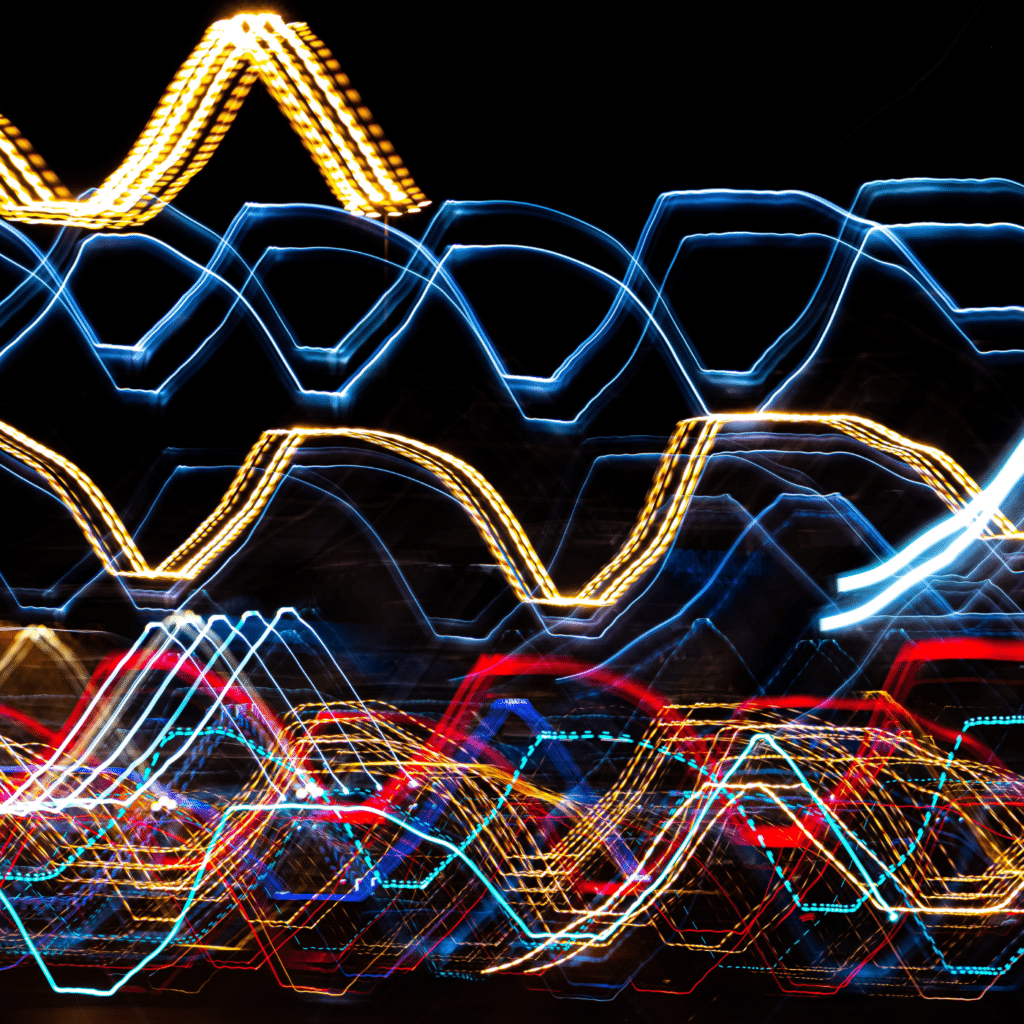
2. Laboratories of interdisciplinarity: transfer of concepts and analysis and practices
One of the assets of interdisciplinarity is its capacity to stimulate the construction of “nomad” concepts, analogies and metaphors useful for the modelling of phenomena belonging to different areas. Science in its recent past shows without a doubt the fruitfulness of the dialogue between disciplines with examples such as the notions of structure, function, information, and feedback loop. Today, interdisciplinary practice is identified as a creative factor in the production of new knowledge that allows us to understand problems that cannot be solved from a single disciplinary perspective. However, some questions remain open.
How do the circulation, borrowing and exchange of concepts, theories and methods between disciplines take place? How are these concepts, theories and methods affected by their transfer from one discipline to another? How can these new elements be coherently integrated into the disciplines? How to build common standards and pedagogical tools for their transmission? How is disciplinary knowledge deconstructed and then reconstituted according to interdisciplinary teaching?
To answer these questions, it is essential to set up a comparative analysis of exact sciences, natural sciences, human and social sciences, as well as disciplines such as medicine, which involve knowledge from all these fields.
Collaboration with AMU’s Interdisciplinarity Mission, Institutes and its teaching and research activities constitute an essential asset for the development of an international laboratory for the critical analysis of interdisciplinary research and teaching, which Iméra residents will be able to co-lead using their experience and skills.
3. Cognitive perspectives: a complex dialogue
Among the disciplines that have long developed as a result of interdisciplinarity, cognitive sciences are an exemplary case because of their liveliness and the fruitfulness. Bringing together researchers in neuroscience, psychology, linguistic, computer science and medicine, cognitive science aims to answer fundamental questions concerning the normal and pathological development and functioning of language and the brain in relation to all forms of knowledge.
However, two poles can be distinguished in the organization of this field of research, depending on whether psychophysiological analysis or, on the contrary, the analysis of language and communicative interaction occupies a predominant place. How is the dialogue organized within these two poles? What concepts and methods differentiate them? What specificities in teaching and doctoral training should be cultivated to explore the complementarity of the two approaches? What effects has the development of cognitive sciences as a whole had on the disciplines that nourish them (psychology, linguistics, neurophysiology etc.)? These are the questions around which the work will be organized.
The Transdisciplinary Explorations program is supported by two chairs: the ILCB/Imera Chair, Language, Communication and Brain, and the Iméra/ICI Chair (Institute of Cancer and Immunology), which is open to arts and science themes, as well as by FIAS and Iméra fellowships.
For more information, please contact Gabriella Crocco, program director: gabriella.crocco@univ-amu.fr

